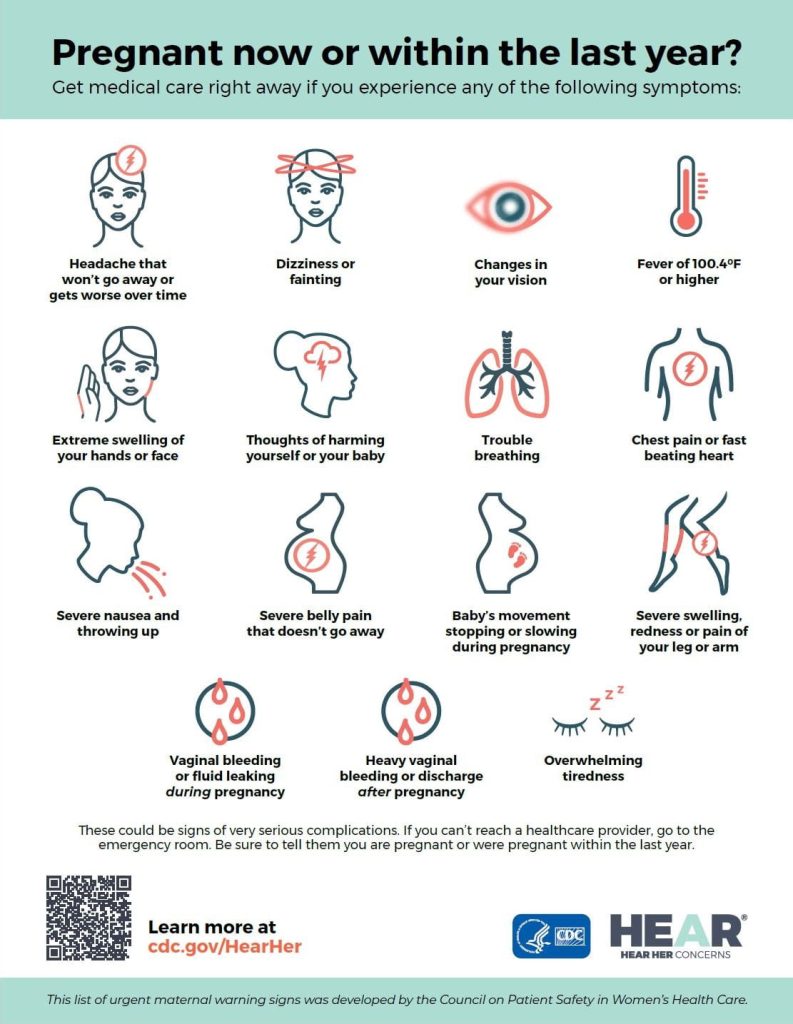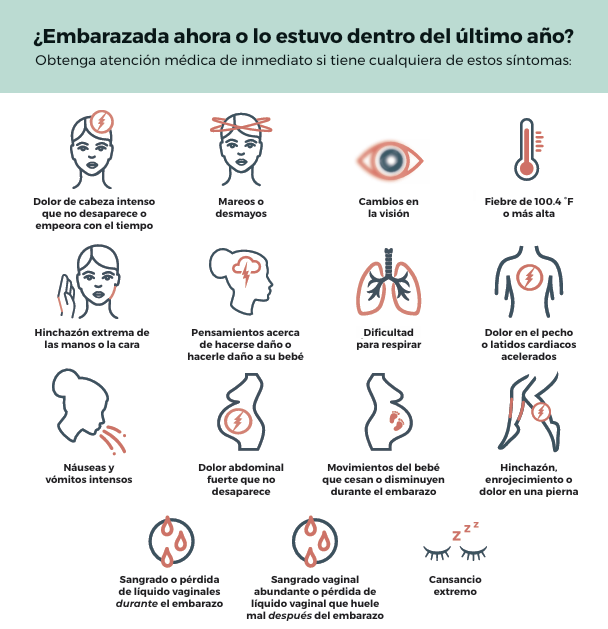CRUCIAL VOICES OF ARIZONA
Do You Feel Heard?
Crucial Voices of Arizona is a campaign dedicated to improving respectful care practice across our state. We listen to and share the stories of Arizona women from diverse backgrounds. These women and those who support them, highlight opportunities to improve healthcare while encouraging others to confidently speak up to advocate for themselves or someone they care about.
Building on their voices, the Arizona Perinatal Trust provides resources and tools to help women, families, healthcare professionals, and organizations to better identify, foster, and engage in respectful maternity care practice with the aim of improving maternal and neonatal health outcomes.
Respectful maternity care is healthcare that:
- Maintains patient dignity, privacy, and confidentiality,
- Ensures patient freedom from harm and mistreatment, and
- Allows shared decision-making with the patient and continuous support during labor and childbirth
Hear Their Stories
Listen to women share their healthcare experiences during and after pregnancy and join our movement to improve respectful maternity care for all Arizona families.
Jo's Story: Postpartum Depression
Jo experienced severe postpartum depression, including thoughts of suicide, after her son was born. She didn’t know what was wrong. Jo attended all her prenatal and postpartum medical visits and filled out the postpartum depression screening forms, but she never received treatment or a referral for mental healthcare. No one explained the maternal warning signs to look out for during her pregnancy.
Sandra and Luis’ Story: Preterm Labor and Preeclampsia
Sandra experienced preterm labor and her son was born early. Sandra and Luis’ son passed away in the neonatal intensive care unit (NICU) six months later. During Sandra’s fourth pregnancy, she developed preeclampsia and needed an unexpected cesarean delivery. Her experiences show how important it is for every healthcare professional to practice respectful maternity care.
Jillian’s experience as a biracial woman highlights the importance for women at higher risk for maternal complications such as preeclampsia to know the maternal warning signs and advocate for their best care.
G and S live more than 70 miles from the nearest hospital that provides labor and delivery care. Their experiences highlight how difficulty accessing healthcare services impacts respectful maternity care practice.
“They probably just see too many patients. They just want them out the door so they can get to the next one.”
Want to share your experience?
A Call to Action: Help Her Be Heard
If You Are Pregnant or Have Given Birth In The Last Year:
How Can I Be Heard?
Know the maternal warning signs during pregnancy and the year after
If you experience any symptoms that appear to be maternal warning signs, be safe and seek medical attention
Speak up to healthcare professionals
► If you have questions, speak up.
► If your healthcare professional looks like they are in a hurry, speak up
► If you do not think your healthcare professional understands what you are saying, continue to speak up
► If you do not feel comfortable speaking up, ask your support person to attend appointments to help you
Trust yourself. No one knows your body the way that you do. If something feels wrong, you might be right.
If you do not feel heard, tell your healthcare professional that you do not feel heard
If You are a Support Person
How Can I Help her Be Heard?
Help her to feel heard by listening to her concerns
Learn about the maternal warning signs and encourage her to seek medical help if she experiences symptoms of the maternal warning signs
Understand that symptoms of postpartum depression, anxiety or other mood disorders may not appear until almost a year after birth
If she agrees, attend medical healthcare appointments with her and ask her if she feels heard by her healthcare team, if not, help her to speak up
Print and use this tip sheet to start the conversation
Resources
- Know the Urgent Maternal Warning Signs (download and print)
- The National Maternal Mental Health Hotline
- Offering Support
- Providing Support for Pregnant or Postpartum Women
- Resources for American Indian and Alaska Native Women who are Pregnant or Postpartum
- Taking Care of Your Mental Health During Pregnancy
- You Know Your Body Best (English)
- You Know Your Body Best (Spanish)
- Symptoms of Depression in Women
What Women & Families Are Telling Us
In the United States, 78% of maternal deaths during pregnancy and up to one year following birth are determined to be preventable.
In Arizona, approximately 90% of maternal deaths are determined preventable. These data illustrate the presence of health disparities. For example, American Indian/Alaskan Natives are almost two- and one-half times more likely to die during pregnancy or the year after birth compared to other races. Black infant mortality (death) is more than double White non-Hispanic infant mortality. Further contributing to maternal morbidity and mortality, 29% of all Arizona birthing women experience serious medical conditions such as diabetes, hypertension, and sexually transmitted diseases. Additionally, 25% receive no prenatal care or are late entry to care (ADHS, 2024).
Consistent with CDC reporting, Crucial Voices of Arizona findings show that women, including those at greatest risk for illness and death, will not speak up to their healthcare provider and other professionals, even when they feel something is wrong.
stats at a glance
And, women that are younger, with health complications, lower incomes and from marginalized communities are more likely to experience healthcare bias, this campaign seeks to improve healthcare interactions, communication and ultimately, health disparities.
To better understand gaps in our healthcare delivery systems, the Arizona Perinatal Trust team conducted listening sessions with pregnant and postpartum women and their support people throughout the state of Arizona.
We met with families at greater risk of experiencing maternal illnesses and death. These groups included women representing American Indian/Alaskan Natives, Afghan, Hispanic, Black, Queer, White and Multiracial women including those with fewer financial resources. Across all groups, we identified major gaps in respectful maternity care practice across Arizona. Examples include:
1. Feeling Disrespected
1. Feeling Disrespected
Feeling rushed, lack of respect for patient time, lack of compassionate care, concern for lack of confidentiality, microaggressions, sexual orientation is an issue.
“Let’s get them in and out the door as fast as we can for efficiency.”
2. Communication Gaps
2. Communication Gaps
Self-advocacy is difficult, new staff are not friendly or have attitude, language or cultural barriers, healthcare staff are unwilling to listen, not feeling heard, need resources and information for fathers, lack of handouts, providers could be more personal and provide opportunities for questions, social media is helpful
“I feel like there’s a lot of resources out there, but then we either have to find it on our own or there’s a disconnect, like people don’t know that there’s resources out there.”
3. Access and Travel Challenges
3. Access and Travel Challenges
Getting through to the provider, difficulty finding a pediatrician, the need to remove silos to improve connections, healthcare professional turnover, need of a helpline, need someone you can trust, have a midwife, facilities struggle with understaffing, do not have transportation
“An appointment would be cancelled on the provider side, and the next follow up available would be three months down the road. I was on medication and because it’s a psych medication, they need the follow up (visit) before they prescribe (a refill). Had to stop psych medication mid treatment.”
4. Need Through Explanations
4. Need Thorough Explanations
Provide more than just a handout, provide alternatives for treatment
“They treat you like you already know what to expect.”
5. Respect
5. Respect
All groups expressed the desire to be respected during their healthcare experiences
“When my OB had to give me the mental health questionnaire, he told me, don’t answer honestly, because then I have to put you on watch.”
A Message to Healthcare Professionals
Dr. Cathleen Harris, MD, MFM, MPH
Arizona Birthing Women Reported:
- Difficulty obtaining information from their providers about what was happening with their pregnancy and birth
- Gaps in care, fragmentation of the healthcare system, and poor communication between departments such as the Emergency Department and their healthcare provider, and the provider offices with the hospital
- Events surrounding their birth experiences perceived as traumatic were treated as routine by healthcare professionals
- Desired more information explained to them beyond receiving a flyer
- Cultural and language barriers
Healthcare Professional Strategies to Improve Respectful Maternity Care Practices
-
Perform continual self-checks
► Do I hear her?
► Am I fully present?
► Am I distracted or tired? - Maintain awareness of how we speak, including body language as it has an influence on how a patient perceives our interactions
- Find ways to connect in a meaningful way as patients come to us to help keep them safe
- Sit down and listen at eye level which demonstrates regard
- Remove distractions, a noisy environment, and interruptions
- Ensure they understand the health professional role
- Address her in a way she prefers to be addressed
- Include family or support people as part of the discussion, if desired
- If she says something doesn’t feel right, find out more about what they have to say
Resources for Healthcare Professionals
- ACOG: Respectful Care eModules
- ACOG Statement on CDC Data on Respectful Care (2023)
- AIM TAP WEBINAR: Respectful Care Education for Providers: Options for how to start Making Progress
- AWHONN Back to Basics: Foundations for Mindful Care
- CDC Provider Clinical Resources and Tools (2025)
- Hear Her Campaign Posters and Handouts for Health Care Professionals (2024)
- The Institute for Perinatal Quality Improvement: A Physician Shares Stories about Listening to Black Women (2020)
- Jolivet et al., (2021) Operationalizing respectful maternity care at the healthcare provider level: A systematic scoping review
- Long, M., Frederiksen, B., Ranji, U., Diep, K., & Salganicoff, A. (2024). Women’s experiences with provider communication and interactions in health care settings: findings from the 2022 KFF Women’s Health Survey. The Kaiser Family Foundation; 2023.
- (March of Dimes) Implicit Bias and Stigma
- Office of Minority Health: Think Cultural Health
- Identifying Maternal Depression
Resources for Healthcare Organizations
- (AHRQ, 2024) Respectful Maternity Care: Dissemination and Implementation of Perinatal Safety Culture to Improve Equitable Maternal Healthcare Delivery and Outcomes
- AWHONN (2022) Respectful Maternity Care Framework and Evidence-Based Clinical Practice Guidelines
- Florida Perinatal Quality Collaborative (Brumley, J. et al. 2023) Respectful Maternity Care
- Public Agency of Canada (2023) Common Definitions on Cultural Safety
Resources for Businesses and Schools
Where Reproductive Age Women are Present as Employees, Volunteers or Students
Reproductive age women represent one of the fastest growing workforce demographics. Fifty nine percent of reproductive age workers return to the workforce during the first year following birth. A plethora of organizational science research demonstrates that when organizations invest in programming or policy that promote employee health, employees then engage in the workplace with greater physical and psychological capital reserves contributing to improved organizational performance. Moreover, employee perception of organizational support to manage the intersection of the dual roles as worker and parent generates increased organizational trust (Wood, 2023).
- Employee Wellness/Occupational Health: Incorporate a segment on pregnancy and the first year following birth. A representative from the occupational health or Human Resources department could provide an outreach communication during pregnancy and upon return to work for a “check-in.” Consider printing and sharing the following documents:
- Employee Onboarding: Share the Maternal Warning Signs and reinforce organizational support for early intervention irrespective of job tenure
- Leadership Training: Incorporate a brief training segment for all organizational leaders emphasizing the importance of leadership support.
- Consider printing and sharing the following documents:



